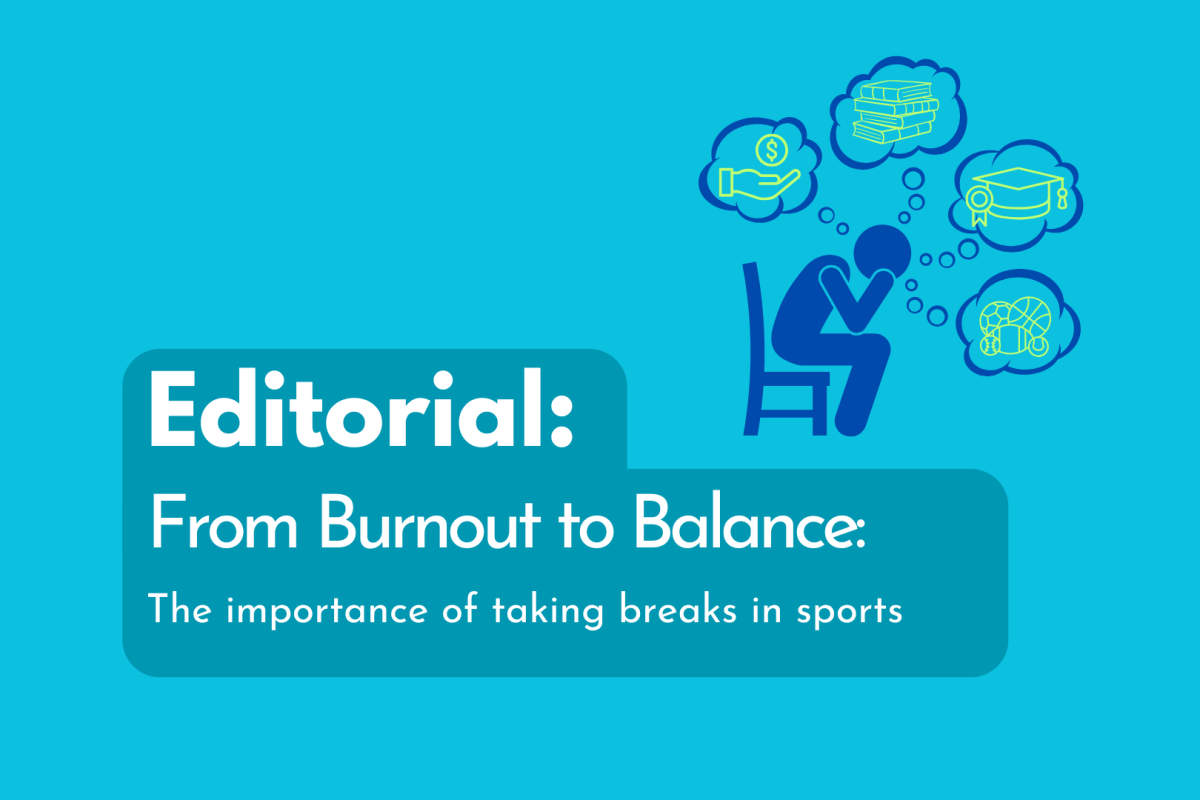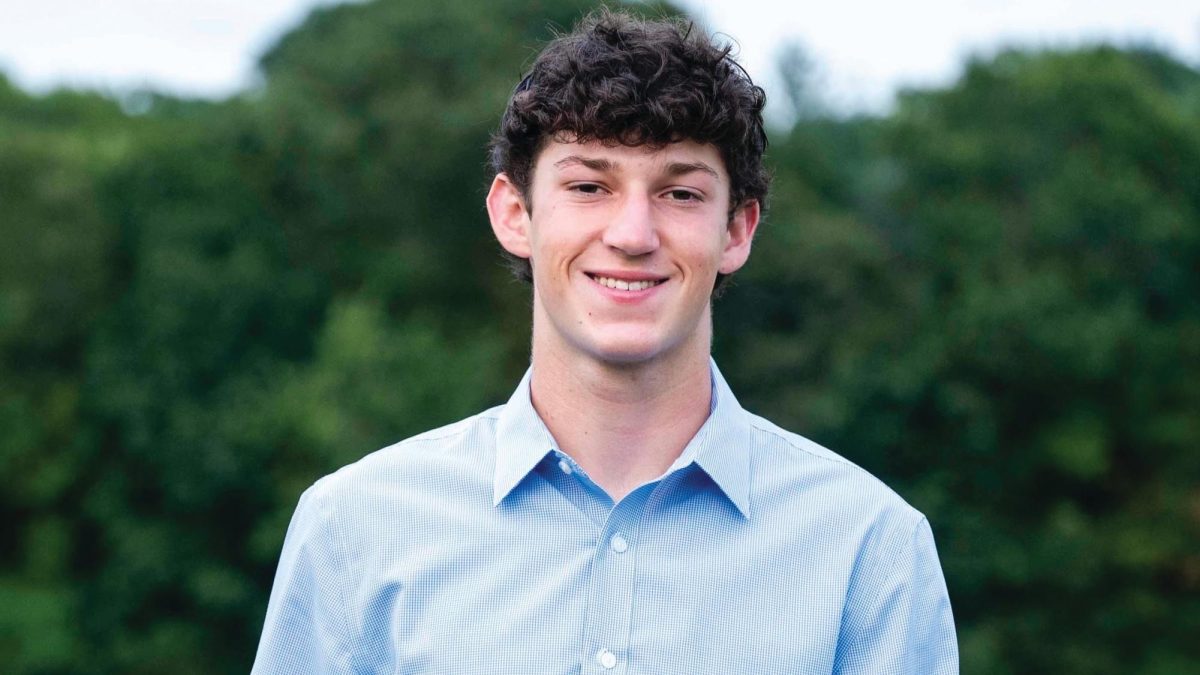Despite The Pledge of Allegiance urging American students to recite “With liberty and justice for all” each morning, the promise of liberty and justice is not always reflected in the punitive systems for American convicts.
The state of Missouri on Sept. 24 executed Marcellus Williams after the U.S. The Supreme Court rejected a request to delay the execution, reported CBS News. Since the execution, arguments against the need for execution have flooded out, supported by evidence that Williams was falsely convicted of the murder of a woman in 1998.
“The death penalty carries the inherent risk of executing an innocent person,” the Death Penalty Information Center reports. “Since 1973, at least 200 people who had been wrongly convicted and sentenced to death in the U.S. have been exonerated.”
Regardless of innocence, sources such as the American Civil Liberties Union advocate against the death penalty as it does not deter crime, and states that utilize the death penalty do not have lower murder rates. Sentencing someone to death should not be a fear tactic or considered in rulings.
The justice system does not uphold its title by killing individuals; instead, it should offer mental health services and support.
According to Law Cornell, “Justice is the ethical, philosophical idea that people are to be treated impartially, fairly, properly, and reasonably by the law and by arbiters of the law, that laws are to ensure that no harm befalls another, and that, where harm is alleged, a remedial action is taken – both the accuser and the accused receive a morally right consequence merited by their actions.”
The death penalty is not “a remedial action” being taken to help those who are struggling, but rather the end of a life without attempts to improve it.
The amount of taxes regarding U.S. government expenses on public prisons and jails is around $80.7 billion according to the Prison Policy Initiative. These systems across the U.S. hold over 1.9 million people and the tax money goes to support staffing, facilities and basic needs of prisoners. This provides jobs for people who work in jails and supports required community service projects. Executing five people consumed over 12 million dollars of taxpayer money, so it is proven that execution is not an alternative to saving money or resources.
The Supreme Court ruled the death penalty as not an infringement of the Eighth Amendment’s ban regarding cruel and unusual punishment. The Eighth Amendment quoted in the U.S. Constitution states, “Excessive bail shall not be required, nor excessive fines imposed, nor cruel and unusual punishments inflicted.”
In court cases including Gregg v. Georgia, Hall v. Florida and Baze v. Rees, death sentences have been ruled inconsistently, and false convictions have had a more permanent effect than non-execution punishments set in place by the justice system.
Justice Brennan had a dissenting opinion in the Gregg v. Georgia case, meaning that one or more of the disagreeing judges reasoned against the majority, and stated, “A punishment must not be so severe as to be degrading to human dignity.”
Killing an individual is not more effective than locking them up and forcing them to live with the consequences of their actions. In fact, it seems like execution is the easy way of dealing with criminals, rather than the ethical one. Numerous murderers, specifically school shooters, end their lives after committing despicable acts. Taxpayer money should not go towards death row inmates’ last meal, but instead towards providing those who commit crimes proper mental health resources.
The justice system walks a risky line between executing dangers to society and mistaking innocent individuals for murderers. Rulings have not been consistent over the years; however, the Department of Justice has worked to evolve the guidelines regarding execution as a punishment. The justice system has a long way to go to ensure rulings are fair, accurate and fitting for the crime, but execution should never take the place of helping criminals to readjust to life.










